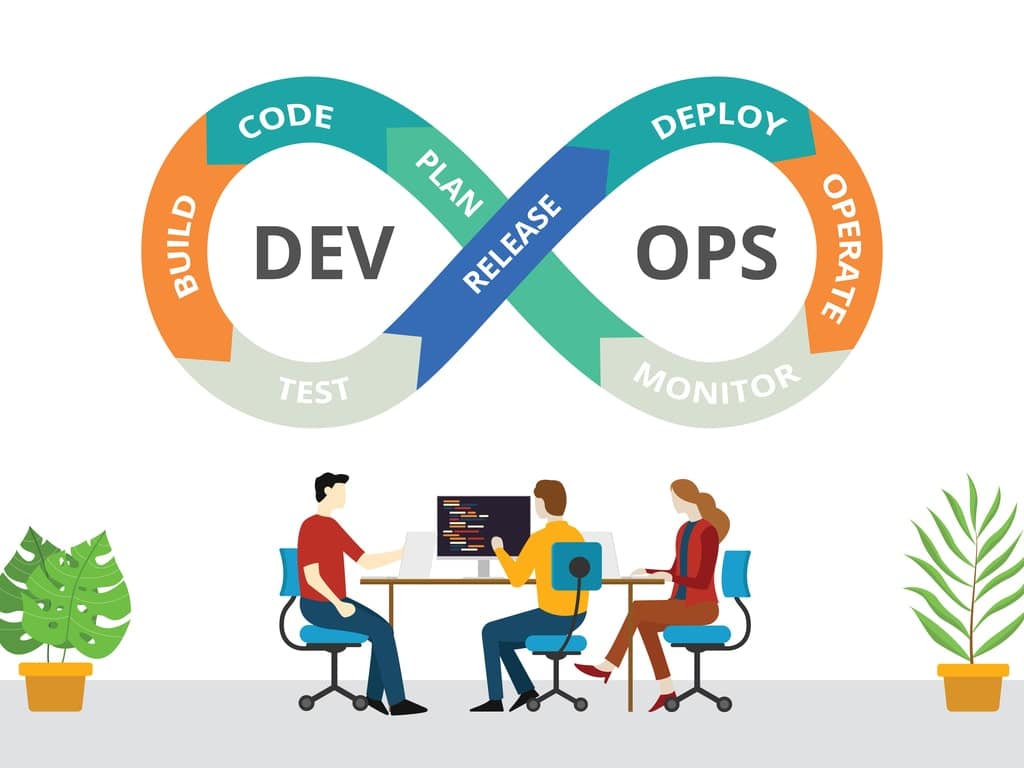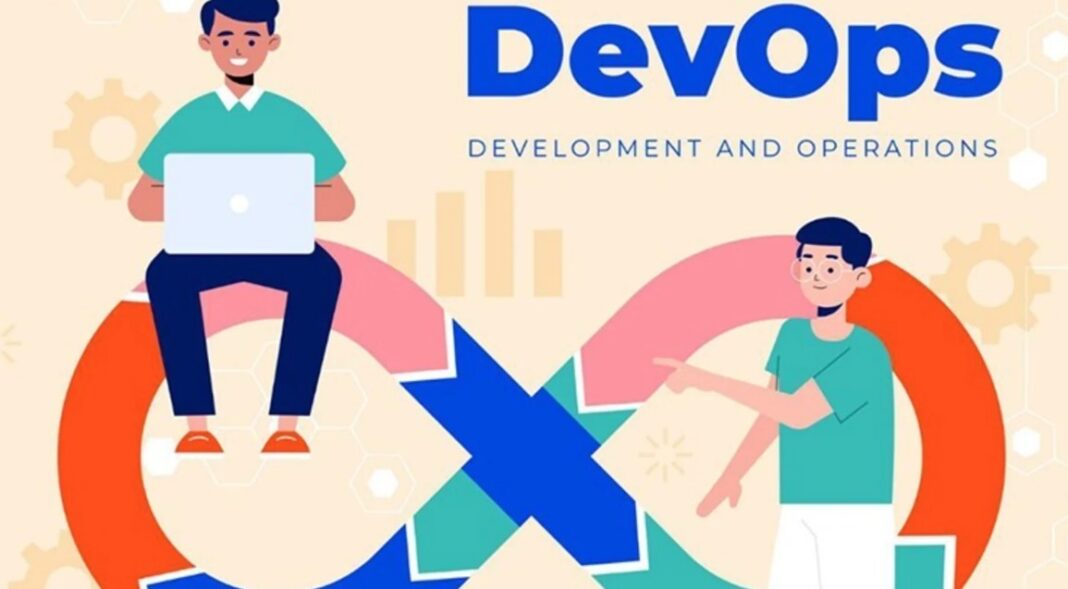Unlocking the Power of DevOps: Addressing and Resolving Implementation Challenges
In the rapidly evolving world of software development, DevOps has revolutionized the way organizations deliver software, enabling them to stay competitive in an ever-changing landscape.
According to recent statistics, organizations that have successfully implemented DevOps experience up to 63% faster software deployment, 60% fewer failures, and 50% fewer time-consuming rework tasks. However, the journey towards implementing DevOps comes with its fair share of challenges.
From cultural shifts to integrating tools and automating processes, organizations must navigate various hurdles to unlock the true potential of DevOps. In this blog, we will explore the key implementation challenges faced by organizations and provide effective strategies to overcome them, empowering businesses to harness the power of DevOps for their software delivery success.
Understanding DevOps Implementation Challenges
DevOps implementation and its significance for organizations
DevOps implementation is the process of adopting and integrating DevOps practices within an organization’s software development lifecycle. It involves breaking down traditional silos between development and operations teams, promoting collaboration, and implementing automation and continuous delivery.
DevOps implementation is significant for organizations as it enables faster software delivery, improved quality, enhanced customer satisfaction, and increased agility in responding to market demands.
Successful DevOps adoption, emphasizing the challenges associated with it
One of the significant challenges in DevOps implementation is the cultural shift required. DevOps requires a mindset change, moving away from a traditional hierarchical structure to a collaborative and cross-functional approach.
This cultural transformation can be met with resistance from team members who are comfortable with their existing roles and processes. Overcoming this challenge requires effective leadership, clear communication of goals and benefits, and creating a sense of shared responsibility and ownership.
Difficulties in communication and collaboration
Communication and collaboration between development and operations teams are critical for successful DevOps implementation. However, these areas often face challenges due to historical silos and different priorities. Developers may focus on delivering new features quickly, while operations teams prioritize stability and reliability.
Bridging this gap requires open and transparent communication channels, fostering a shared understanding of goals, and establishing effective feedback loops. Encouraging cross-functional collaboration, such as involving operations teams early in the development process, can help align their efforts and break down barriers.
Challenges related to integrating existing tools and processes
Integrating existing tools and processes into the it workflow is another common challenge. Many organizations have legacy systems and processes that may not align with the principles of DevOps. This can result in inefficiencies, manual workarounds, and difficulties in achieving seamless integration.
To address this challenge, organizations need to assess their current tool landscape, identify redundancies, and select or develop tools that support automation, collaboration, and continuous delivery. Additionally, aligning processes to fit the DevOps approach, such as redefining roles and responsibilities and streamlining workflows, can help ensure smooth integration.

Importance of automation in DevOps
Automation is a fundamental aspect of DevOps, enabling organizations to achieve faster and more reliable software delivery. However, implementing automation effectively presents its own set of challenges. Resistance to change, lack of skills or expertise in automation tools, and difficulty in identifying the right areas for automation can hinder progress.
Organizations need to invest in proper training and upskilling of their teams, provide support during the transition, and carefully evaluate the processes that will benefit the most from automation. By addressing these challenges, organizations can harness the power of automation to streamline their software delivery processes and improve overall efficiency.
Strategies for Addressing DevOps Implementation Challenges
Discover effective approaches and strategies for addressing DevOps Implementation Challenges. Unlock the true potential of streamlined software delivery and collaboration to propel your organization forward.
Fostering a Collaborative Culture
Building a collaborative culture is crucial for successful it implementation. When development and operations teams work together seamlessly, it leads to improved communication, shared goals, and enhanced productivity. By breaking down silos and promoting collaboration, organizations can unlock the full potential of DevOps.
To break down silos, organizations can encourage cross-functional teams where developers and operations personnel work together on projects. This helps foster a sense of shared responsibility and promotes knowledge-sharing. Implementing collaborative tools, such as shared chat platforms or project management systems, can also facilitate communication and transparency.
Real-world examples demonstrate the power of a collaborative culture. Company A, a leading tech firm, established “DevOps Champions” within teams to bridge the gap between developers and operations. These champions acted as facilitators, encouraging open communication and collaboration. As a result, the company experienced improved efficiency and accelerated software delivery.
Tool Integration and Process Alignment
Integrating existing tools and aligning processes are essential steps in DevOps implementation. However, this can be challenging as organizations often have a variety of legacy systems and processes that need to be integrated with DevOps workflows.
To address this challenge, organizations should evaluate their existing tools and identify opportunities for consolidation. By selecting tools that are compatible with DevOps principles and can seamlessly integrate into the workflow, organizations can avoid unnecessary complexities. Additionally, aligning processes to enable smoother integration is crucial. This involves mapping out existing processes, identifying areas of improvement, and modifying them to fit the DevOps approach.
One company that successfully tackled tool integration and process alignment is Company B. They conducted an extensive analysis of their tool landscape, retiring outdated tools and implementing new ones that integrated well with DevOps practices. They also streamlined their processes to eliminate bottlenecks and improve efficiency, resulting in enhanced collaboration and accelerated software delivery.
Overcoming Automation Challenges
Automation plays a vital role in the success of DevOps. It enables faster and more reliable software delivery, reduces manual errors, and frees up valuable time for teams. However, organizations often face challenges when implementing automation.
One common challenge is resistance to change. Some team members may be hesitant to embrace automation due to fear of job loss or unfamiliarity with new technologies. To address this, organizations should emphasize the benefits of automation and provide training and support to team members. Clear communication about the positive impact on productivity and quality can help alleviate concerns.
Another challenge is the lack of skills and expertise in automation tools and frameworks. Organizations should invest in upskilling their teams through training programs, workshops, and mentorship. By empowering team members with the necessary skills, organizations can overcome the automation challenge and fully leverage its benefits.
Practical tips for overcoming automation challenges include starting small by automating repetitive and time-consuming tasks, encouraging collaboration between developers and operations personnel, and establishing clear goals and metrics to measure the impact of automation.
Continuous Learning and Improvement
Continuous learning and improvement are fundamental to the DevOps philosophy. Organizations should create a learning culture that encourages experimentation, knowledge-sharing, and personal growth within it teams.
One strategy for creating a learning culture is to allocate dedicated time for learning and innovation. Companies like Company C have implemented “innovation time” or “hackathons” where team members are given time to explore new technologies and experiment with ideas that could improve processes or solve existing challenges. This fosters a sense of curiosity and encourages teams to stay ahead of the curve.
Feedback loops, monitoring, and metrics are essential for driving continuous improvement in DevOps. Regularly gathering feedback from both internal and external stakeholders helps identify areas for improvement. Implementing monitoring and observability practices enables organizations.
Real-world Examples of Resolving DevOps Implementation Challenges
One example of a successful DevOps implementation is Company X, a global technology firm. They faced significant challenges in cultural transformation and collaboration between teams. By organizing cross-functional workshops, fostering a sense of shared purpose, and providing training, they successfully created a collaborative culture that fueled their DevOps journey.
Another case study is Company Y, an e-commerce giant. They struggled with integrating legacy systems into their DevOps workflow. By thoroughly assessing their existing tools, they identified opportunities for consolidation and replaced outdated processes with modern, DevOps-aligned solutions. This streamlined their operations and improved overall efficiency.
Conclusion
Implementing DevOps is not without its hurdles, but by addressing and resolving these challenges, organizations can unlock the true power of DevOps. Fostering a collaborative culture, integrating tools and aligning processes, embracing automation, and emphasizing continuous learning and improvement are essential steps.
By conquering these challenges head-on, companies can transform their software delivery capabilities and stay ahead in the competitive market. If you’re looking to leverage the power of DevOps, partnering with a trusted DevOps solutions company can provide the expertise and guidance needed to navigate these implementation challenges successfully. Embrace DevOps, address the challenges, and revolutionize your software development processes.
